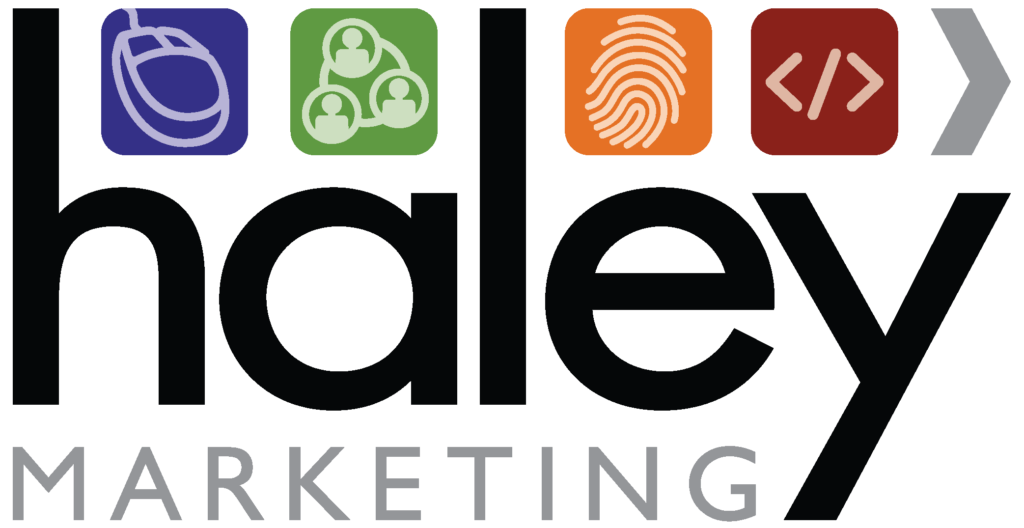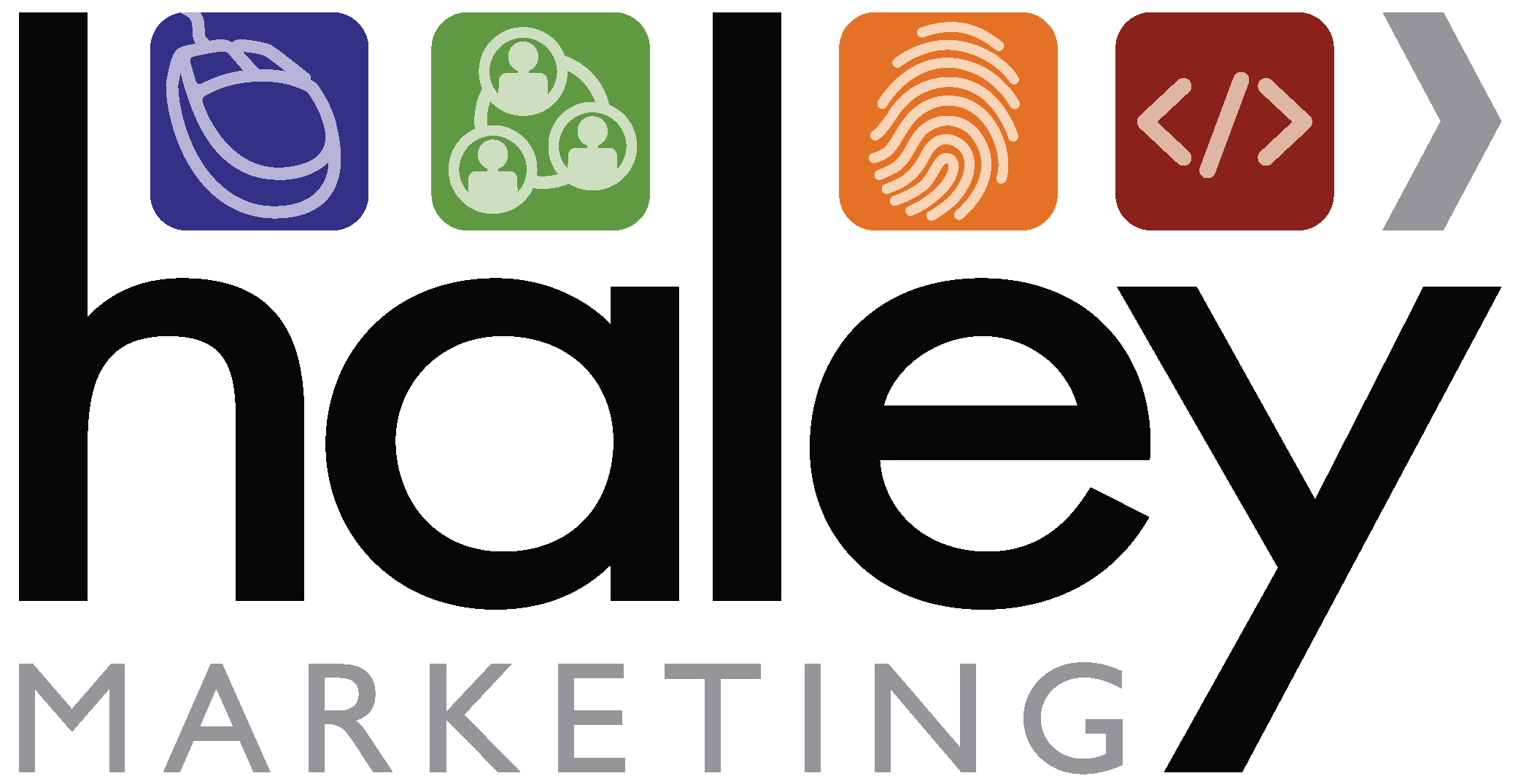It’s been more than a year since ChatGPT came out and revolutionized the landscape of written content creation. We know – it’s hard to believe.
In staffing, AI technologies have been integral to tasks like candidate sourcing, parsing resumes, and automated communication for some time. But recent advancements in large-language models (LLMs) like ChatGPT have changed the way staffing and recruiting professionals approach content creation.
AI’s role in this field is not to replace human writers, as authenticity and relatability remain vital aspects of content. Instead, AI can be harnessed as a valuable tool to ensure consistency and precision in content creation, provided it is used responsibly and ethically. And doing so is up to you.
Best Practices for Ethical AI Content Creation
When integrating AI into content creation, we must acknowledge that responsibility for the final output rests with the human operator. Whether you’re using AI to compose job descriptions, generate blog posts, or craft thought leadership pieces, ask yourself these questions about your final product:
Is it accurate?
Did you know that LLMs can “hallucinate?” That’s right – they can produce convincing (but false) information, and can even be manipulated to enable unethical or criminal activity. Always double-check the statistics, quotes, and data included in AI-generated content to maintain a high level of accuracy. AI can provide information, but human verification is essential to ensure precision and to guard against potential biases or inaccuracies.
Is it original?
AI leverages the data and knowledge it’s given, and while it doesn’t intentionally plagiarize content, it’s essential to remain vigilant against unintentional similarities. A quick plagiarism check can help ensure the content is genuinely original.
Is it biased?
AI models, like humans, can inadvertently introduce bias into content. The models are programmed by humans, after all. Conduct a thorough review to identify and rectify instances of bias, such as stereotypes, assumptions, or language that may favor a certain group.
Is it high-quality?
Quality control is crucial when working with AI-generated content. Take the time to review and refine the material to eliminate errors, redundancies, or formulaic patterns, ensuring the final product is engaging and well-written.
Is it relevant?
AI models may not be aware of current events or developments beyond their last update, and they cannot always scour the internet for information (and we all know everything on the internet isn’t true). Always review and verify that the AI-generated content remains relevant and up-to-date.
Is it confidential?
Maintain a strict policy against inputting proprietary or confidential information into AI systems to safeguard sensitive data related to your organization or clients.
Want to learn more about AI’s impact on the staffing and recruiting industry? Take a look at the FREE sessions from the Smart Ideas Summit 3, where you’ll find top industry experts discussing AI’s role in today’s staffing industry.













